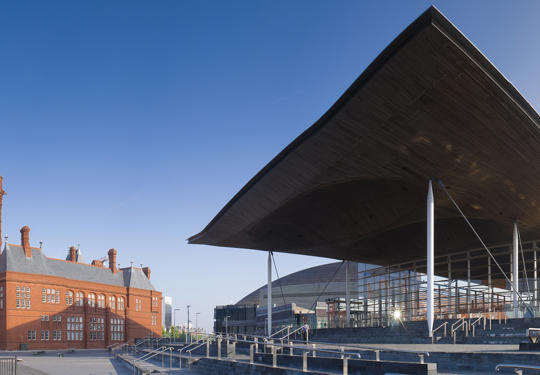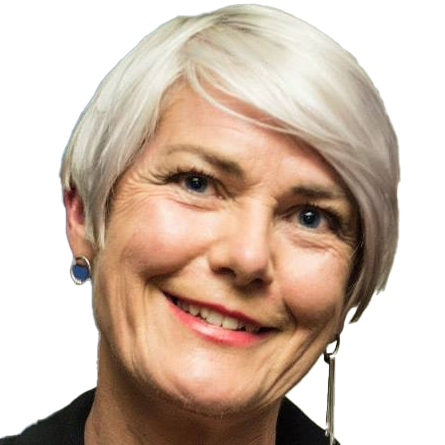This month, I’m delighted to introduce our guest blogger, Dr Olwen Williams OBE and former RCP vice president for Wales, who blogs about the importance of healthcare in Welsh – and the opportunities for doctors to learn Welsh. Over to Olwen…
‘As a Welsh speaker, I recognise how important it is to be able to at least say a few words to someone in their mother tongue, especially at a time when they feel vulnerable, scared or are living with dementia. Do we all appreciate that? And if so, what are we doing about it?
I’ve just spent a really interesting week in the National Eisteddfod in Wrexham – a cultural feast in Welsh where the topic was high on the agenda. Over the past 6 months I’ve had the honour of chairing the local planning committee for the Science and Technology Village. Observing and participating in some of the activities in the village has been very rewarding, especially as I had the privilege of chairing a panel discussion on ‘Mwy Na Geiriau: y darpariaeth Gymraeg o fewn gofal iechyd’ (More than words: the Welsh provision within healthcare). This session focused on what is on offer for students in all areas of healthcare to help them understand the importance of the Welsh language and give them the opportunity to learn Welsh.
I was really impressed with the work being done with the aim of achieving the Welsh government’s plan to strengthen Welsh language services in health and social care by both Bangor and Wrexham Universities as well as Health Education Improvement Wales (HEIW). Often, no time is appropriated to learning Welsh – but the offer is built into the medical curriculum at Bangor University.
It’s not only at undergraduate level that we need to focus. Within local health boards (LHBs) there are Welsh language officers to support you to learn and ensure that you are on the right track with ‘the active offer’ of Welsh. Are you aware of what is happening in your LHB? Did you know that there is a group – Iaith Mewn Iechyd – that can help with testing the translation of medical documents, such as questionnaires accessed via CEDAR?
Also launched at the Eisteddfod – The National Centre for Learning Welsh’s induction course for international doctors and other healthcare workers regarding the Welsh language and culture, along with a welcome course on how to greet individuals in healthcare setting. If you are interested in learning more about ‘Mwy na geiriau’, take a look. As an aside, ‘Y Gymdeithas Feddygol’, established 50 years ago, is the medical society that promotes the Welsh language in healthcare – it holds a twice yearly conference and is open to medical students and doctors.
I started this blog by declaring I’m a Welsh speaker, however, my preferences of how I wish to use the language in the context of my own care might interest you. The informal greeting and chat – yes, I love for it to be in Welsh! But when it comes to the serious medical consultation, I’d prefer that in English. Technical medical terms in the Welsh language are not my forte! So there has to be choice, flexibility and an ‘active offer’ of Welsh.
Finally, I need to declare that I am a member of the ‘Mwy na Geiriau’ advisory board to Welsh government. If you want to learn more, do feel free to contact me at olwen.williams@wales.nhs.uk.
Diolch am ddarllen y blog. Thank you for reading the blog.
Finally, a message from RCP Wales vice president, Hilary Williams:
We have wonderful colleagues in Wales and this month I wanted to say a huge thank you to Dr Inder Singh as he steps back from his training programme director role. Inder will continue to be the national clinical lead for bone health in Wales and is driving national improvements in fracture prevention and osteoporosis care, spearheading the implementation of the Welsh government’s quality statement on bone health and osteoporosis, including the roll-out of universal fracture liaison services across Wales.






